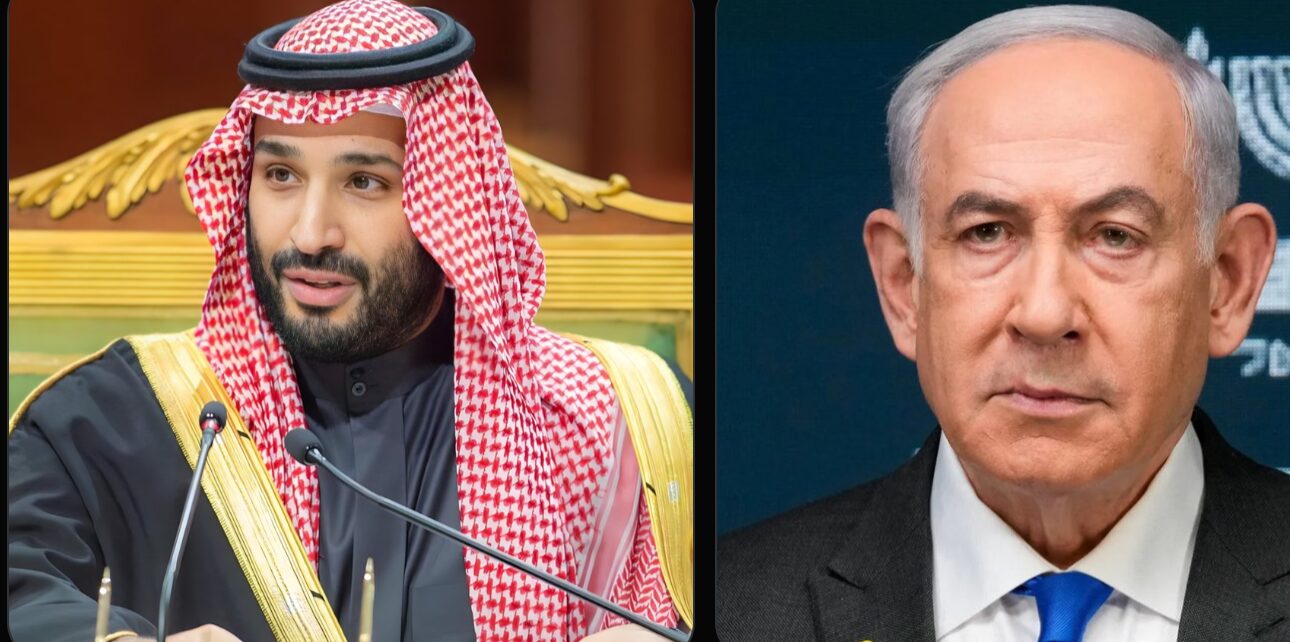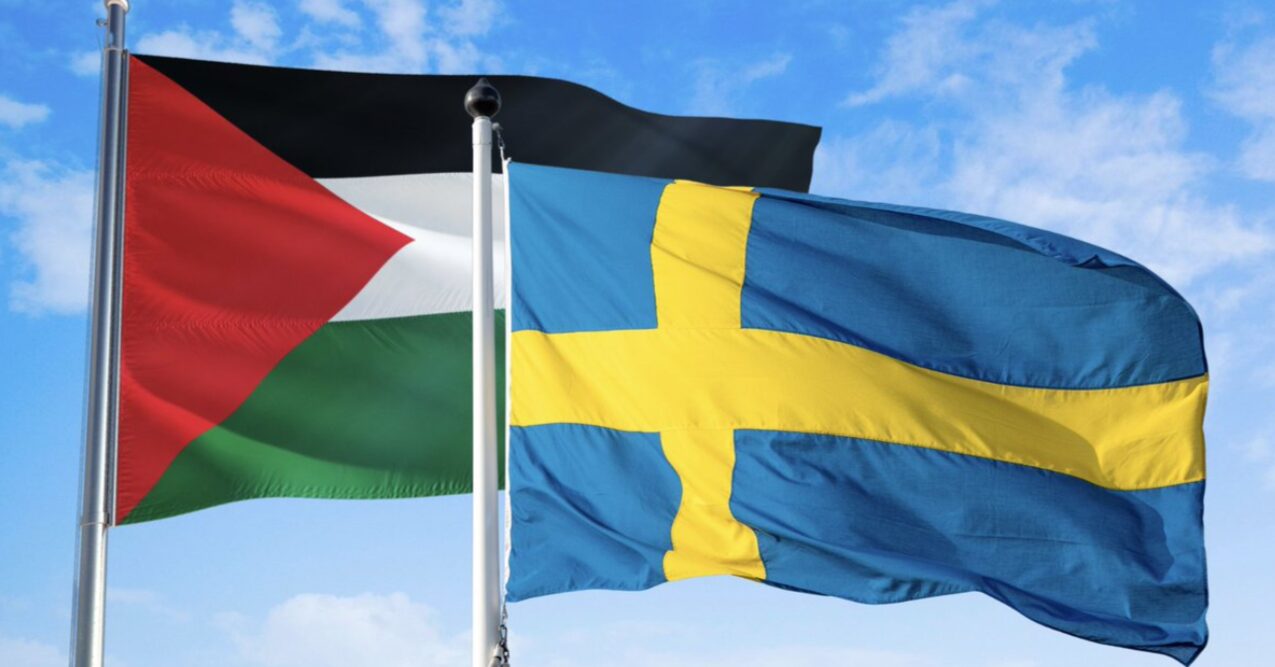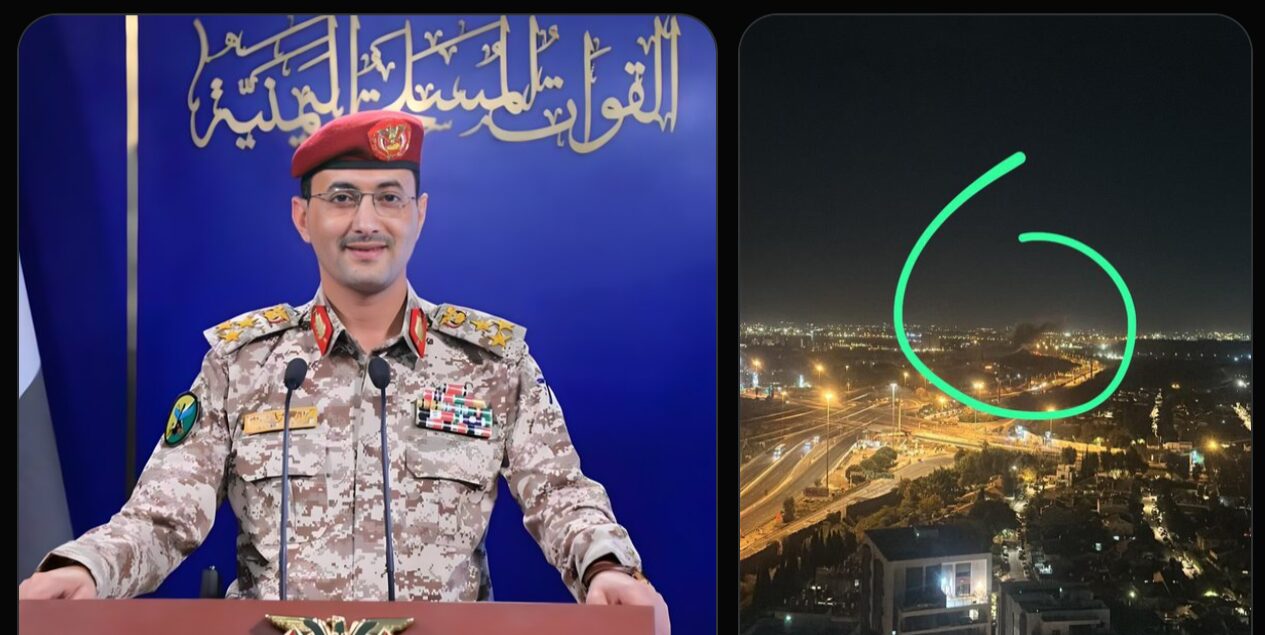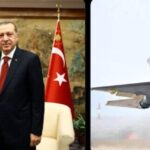Saudi Arabia says Israel must end the war in Gaza, as it hurts whole Muslim world
Saudi Arabia Urges Israel to End the War in Gaza, Citing Harm to the Entire Muslim World
In a strong and critical statement, Saudi Arabia has called for an immediate end to the ongoing conflict between Israel and Palestinian groups in Gaza. The kingdom emphasized that the continuation of the war is causing severe harm not only to the people of Gaza but to the entire Muslim world. The remarks from Saudi Arabia’s leadership underscore the deepening concern across the Middle East and beyond regarding the escalating violence in Gaza, which has resulted in significant loss of life and widespread suffering.
Saudi Arabia’s Stance on the Israel-Gaza Conflict
As one of the most influential nations in the Arab and Muslim world, Saudi Arabia’s position on the Israel-Palestine conflict carries considerable weight. In its latest statement, the Saudi government called for an immediate cessation of hostilities and condemned Israel’s military actions in Gaza, which have intensified in recent months. The statement emphasized that the ongoing violence is not just a regional issue but a matter of global significance, as it has far-reaching implications for peace, stability, and humanitarian conditions in the broader Middle East.
Saudi Arabia’s condemnation of Israel’s actions is rooted in its long-standing support for the Palestinian cause and its advocacy for Palestinian statehood. The kingdom has consistently called for a peaceful solution to the Israeli-Palestinian conflict, one that upholds the rights of Palestinians and ensures their self-determination. Saudi Arabia, along with other Arab nations, has also historically supported the Arab Peace Initiative, which calls for a two-state solution based on pre-1967 borders and the establishment of a Palestinian state with East Jerusalem as its capital.
The Humanitarian Impact of the Gaza Conflict
The humanitarian crisis in Gaza has been dire, with thousands of casualties reported on both sides of the conflict, but the toll on Palestinian civilians has been particularly devastating. The Israeli military’s airstrikes and ground operations have caused widespread destruction of homes, infrastructure, and hospitals. International human rights organizations have raised alarm over the high number of civilian casualties, with many accusing Israel of using disproportionate force.
In addition to the loss of life, the war has severely impacted access to basic services like healthcare, clean water, and electricity. The population of Gaza, which is already suffering from a blockade imposed by Israel and Egypt, has found it increasingly difficult to cope with the lack of resources and the ongoing military bombardment.
Saudi Arabia has expressed its deep concern over the suffering of Palestinian civilians, particularly in Gaza, and has called for international intervention to bring an end to the violence. The kingdom has also voiced its commitment to providing humanitarian aid to Palestinians, including support for those displaced by the conflict. As the war drags on, Saudi Arabia has urged the international community to take stronger measures to address the humanitarian crisis and to hold those responsible for war crimes accountable.
The Wider Muslim World’s Concerns
Saudi Arabia’s call for peace in Gaza resonates deeply across the Muslim world, where the conflict has sparked widespread outrage. Many Muslim-majority countries have expressed solidarity with the Palestinian people, viewing the continued violence in Gaza as a violation of Islamic principles of justice and compassion.
The situation in Gaza has also had significant political and diplomatic ramifications for the broader Middle East. The ongoing war has strained relations between Israel and some of its Arab neighbors, including those that had previously pursued normalization of relations with Israel, such as the United Arab Emirates (UAE), Bahrain, and Sudan. These nations, which signed the Abraham Accords in 2020, have found themselves in a difficult position as they try to balance their diplomatic relations with Israel with the growing public anger in the Arab world over the suffering of Palestinians.
Saudi Arabia, which has historically been a key player in the Arab world’s stance on the Israeli-Palestinian conflict, has continued to advocate for a resolution that addresses Palestinian grievances and respects their rights. The kingdom has repeatedly emphasized that lasting peace in the region cannot be achieved without a fair and just solution to the Palestinian issue.
The Role of International Powers
The United States, which has traditionally been a strong ally of Israel, has faced growing pressure to take a more active role in addressing the conflict. While Washington has expressed support for Israel’s right to defend itself against rocket attacks from Gaza-based militant groups, it has also condemned the loss of civilian lives and called for restraint in military operations.
The United Nations and other international bodies have called for an immediate ceasefire and the protection of civilians in Gaza. However, diplomatic efforts to end the conflict have often been stymied by deep divisions within the international community, as well as the complexities of the long-standing Israel-Palestine dispute.
Saudi Arabia has urged the international community to work together to put pressure on Israel to end its military operations and to support Palestinian efforts to achieve statehood. The kingdom has also called for increased humanitarian aid to Gaza and for greater efforts to hold those responsible for violations of international law accountable.
The Path Forward: A Call for Peace
Saudi Arabia’s call for an end to the war in Gaza reflects a broader desire within the Muslim world for a peaceful resolution to the Israeli-Palestinian conflict. The kingdom’s leadership has repeatedly emphasized that the Palestinian people must be given the opportunity to live in peace and security, free from occupation and violence. At the same time, Saudi Arabia has expressed its hope that Israel will recognize the legitimate aspirations of the Palestinian people and work toward a two-state solution based on internationally recognized borders.
While the road to peace in the Middle East remains fraught with challenges, Saudi Arabia’s leadership in calling for an end to the violence in Gaza signals a willingness to take a more active role in pushing for a resolution. The kingdom’s diplomatic influence, coupled with its significant economic and political clout in the Muslim world, gives it the potential to play a pivotal role in shaping the future of the Israeli-Palestinian conflict.
However, achieving a lasting peace will require the commitment of all parties involved, including Israel, Palestine, and the international community. Saudi Arabia’s call to end the war in Gaza is a reminder that peace in the region is not just a matter of political negotiations but also a moral imperative to end the suffering of innocent civilians and uphold the principles of justice and human rights.
In Conclusion
As the war in Gaza continues to escalate, Saudi Arabia’s call for an immediate end to the violence highlights the growing urgency for a resolution to the Israeli-Palestinian conflict. The humanitarian impact of the war is felt not only in Gaza but throughout the Muslim world, which sees the situation as a violation of its shared values. Saudi Arabia, as a leading voice in the Arab and Muslim world, has expressed its determination to advocate for the rights of Palestinians and push for a peaceful resolution to the conflict.
The international community’s response will be critical in determining whether peace can be achieved in Gaza and the broader Middle East. Saudi Arabia’s leadership and diplomatic efforts will likely play a key role in shaping the path toward a just and lasting peace. However, as long as violence persists, the wounds in Gaza will continue to deepen, further destabilizing the region and straining relations both within the Middle East and beyond.

















Post Comment